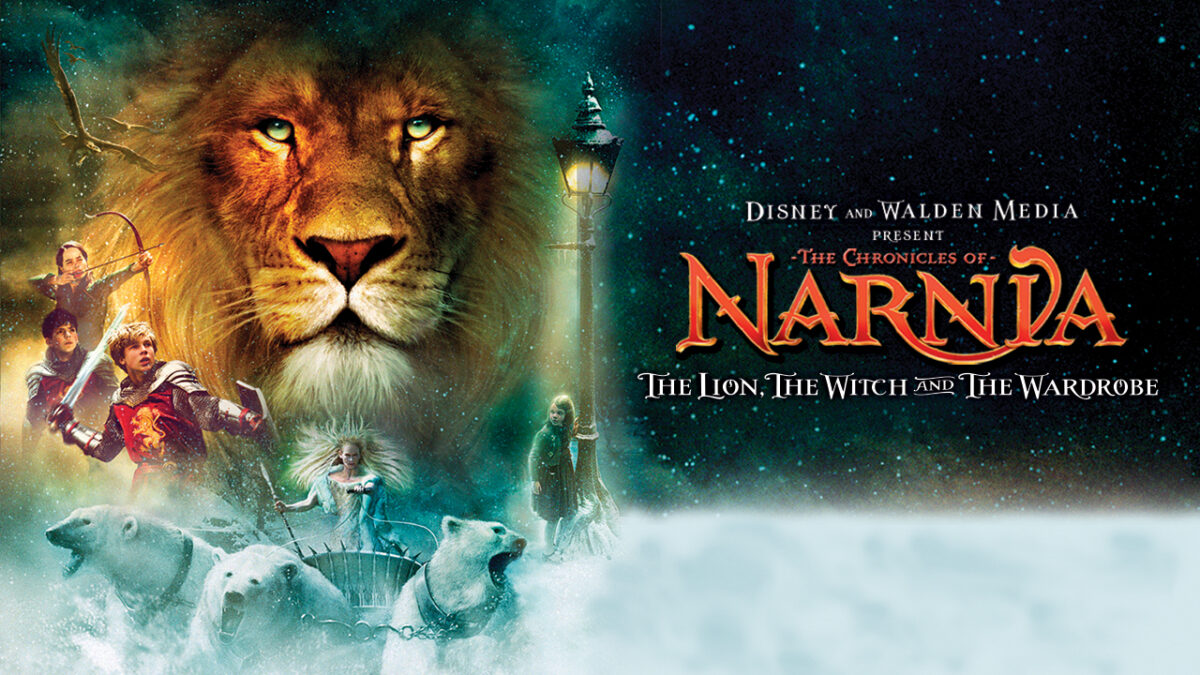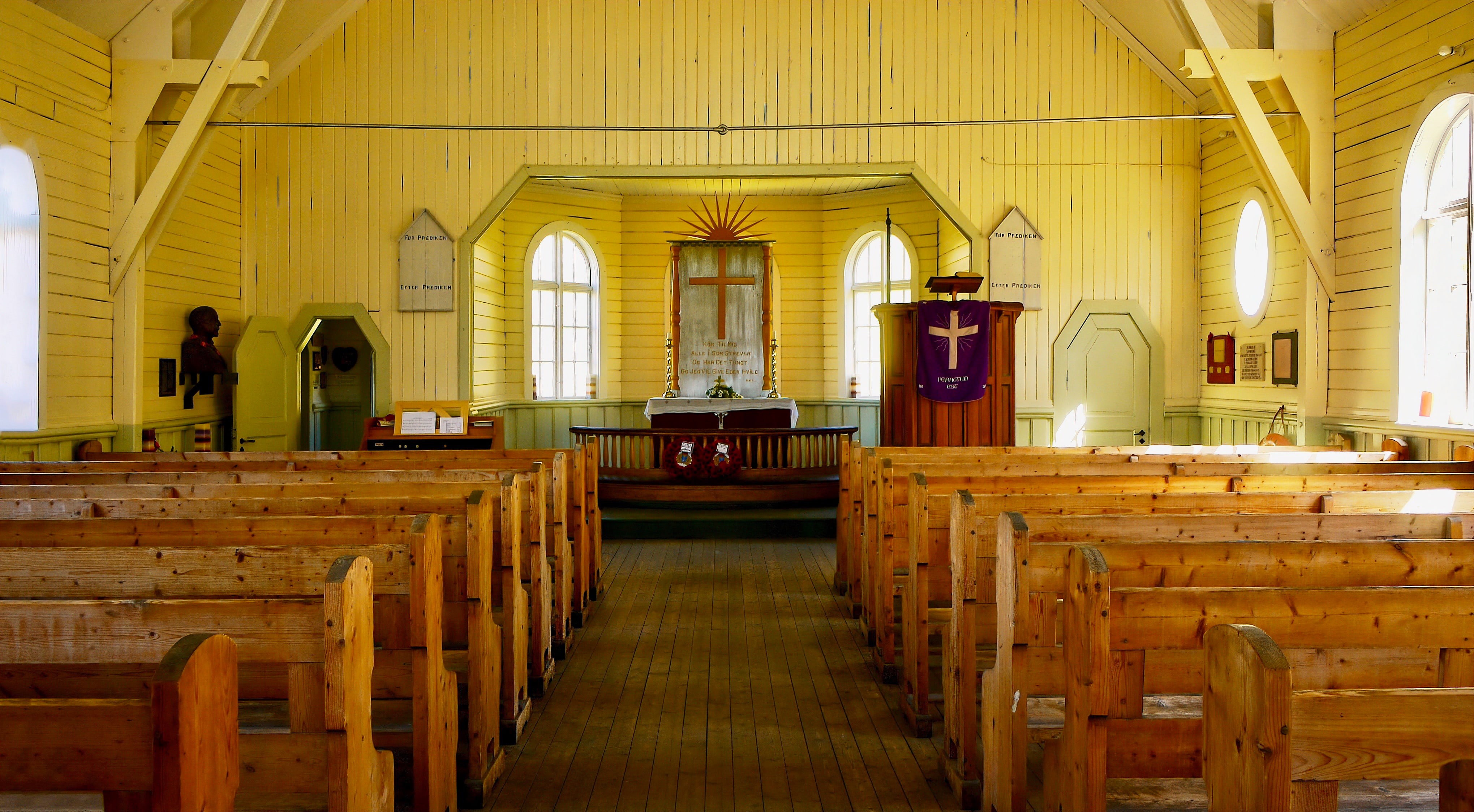Since the release of The Chronicles of Narnia film series, audiences have been enchanted by its magical landscapes, mythical creatures, and epic battles between good and evil.
But behind the fantasy lies something far deeper, a strong foundation of Christian faith and symbolism, carefully embedded in the story by author C.S. Lewis.
Though the Narnia movies are not labelled as Christian films, their spiritual undertones are impossible to ignore. At their heart, these stories are about redemption, belief, and the power of sacrificial love.
A Christian Author’s Creative Vision
C.S. Lewis, a devout Christian and respected theologian, originally wrote The Chronicles of Narnia to introduce spiritual truths through storytelling. Lewis believed that stories could reach hearts in ways sermons sometimes could not. He once said, “I thought I saw how stories of this kind could steal past a certain inhibition which had paralyzed much of my own religion in childhood.”
The result was a fantasy world rich with meaning, one that would later be brought to life on the big screen.
Aslan and the Image of Christ
Among the most potent spiritual elements in the Narnia films is the character of Aslan. The great lion is more than a majestic creature; he is a clear symbol of Christ. Aslan rules Narnia, guides its people, and ultimately gives his life for them.
In The Lion, the Witch and the Wardrobe, Aslan willingly sacrifices himself for Edmund, who had betrayed his siblings. The imagery is unmistakable: a sinless figure takes the place of the guilty and dies on their behalf. But the story doesn’t end there. Aslan rises again, victorious over death, a moment that mirrors the resurrection of Jesus.
Faith, Trust, and Belief in the Unseen
The theme of faith, especially when tested, runs throughout the series. In Prince Caspian, Lucy is the only one who sees Aslan and believes he is guiding them. Her faith is met with scepticism, but she remains steadfast.
This narrative reflects the biblical idea of walking by faith, not by sight. The characters often struggle with doubt, pride, and fear, challenges familiar to all believers. But time and again, it is faith that leads them forward.
Temptation, Grace, and Transformation
Redemption is another central message. Edmund’s journey—from betrayal to forgiveness—is a powerful portrayal of grace. Despite his failings, he is not cast out. Aslan’s forgiveness offers him a second chance.
In The Voyage of the Dawn Treader, viewers witness another transformation. Eustace, consumed by selfishness, is turned into a dragon. Only Aslan can restore him to human form, symbolizing the inner change that only God can bring.
These moments highlight the Christian belief that fundamental transformation is a work of grace, not willpower.
A Glimpse of Eternity
While the films stop short of the final instalment, The Last Battle, they gently introduce elements of eternity and the idea of a true home beyond this world. The characters often speak of something greater, a deeper reality behind all they experience in Narnia.
It echoes the Christian hope of heaven, a place not just of peace but of belonging. Lewis described it as “further up and further in”, a phrase that calls believers toward eternity with God.
Why Narnia Still Matters
For Christian viewers, The Chronicles of Narnia offers more than nostalgic storytelling. It’s a visual parable, a creative reminder of truths rooted in scripture. The characters struggle, grow, and ultimately find purpose through surrender, faith, and love.
The Narnia films may wear the costume of fantasy, but at their core, they reflect the Gospel. And that’s what continues to resonate with viewers of all ages.
Related posts
You Might Also Be Interested In...
Gospel in Unexpected Places: Christian Music Scene Around the World
Gospel music is often associated with American churches and African-American worship traditions. But in recent years, something incredible has been happening. The sound of praise is rising from corners of the world where the gospel once seemed out of place. From the neon-lit cities of…
10 Bible Quotes to Help You When You Feel Lost in Life
We all face moments when we feel like we’ve lost our way. But God’s Word has a way of gently guiding us back to His light. These ten scriptures speak to those times of confusion, pain, and uncertainty—offering reassurance that God never lets go, even…



